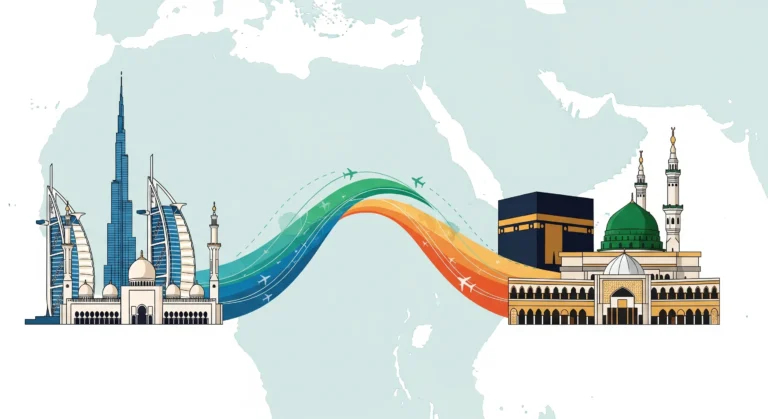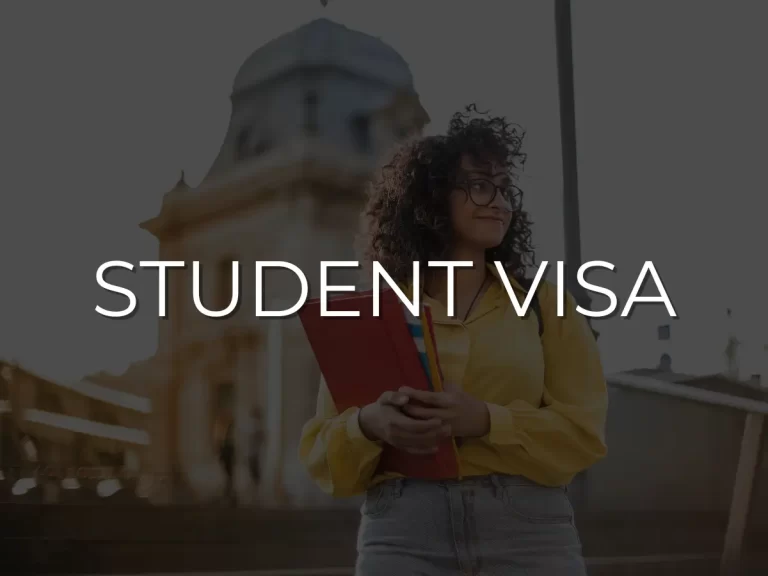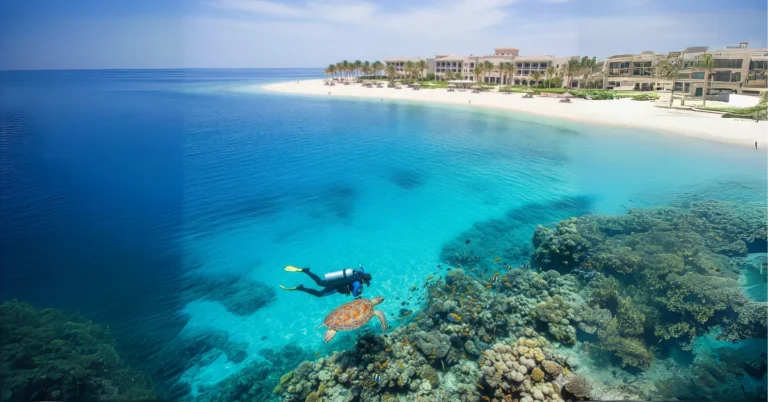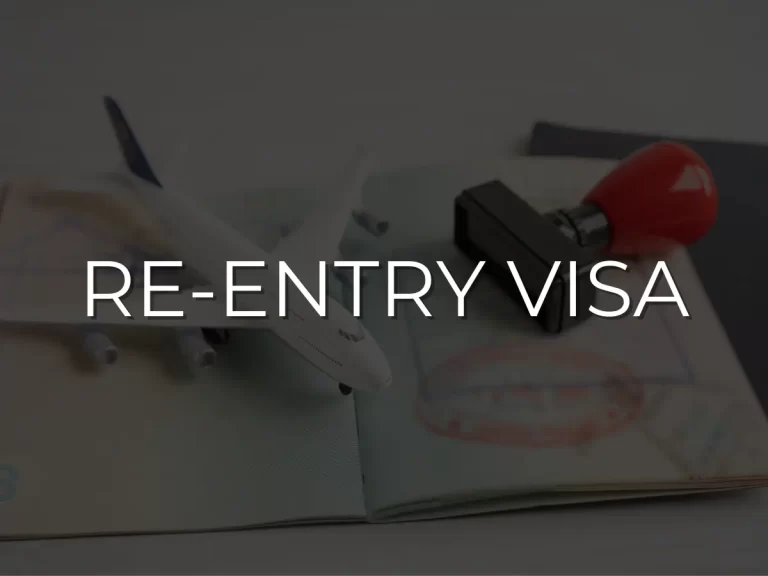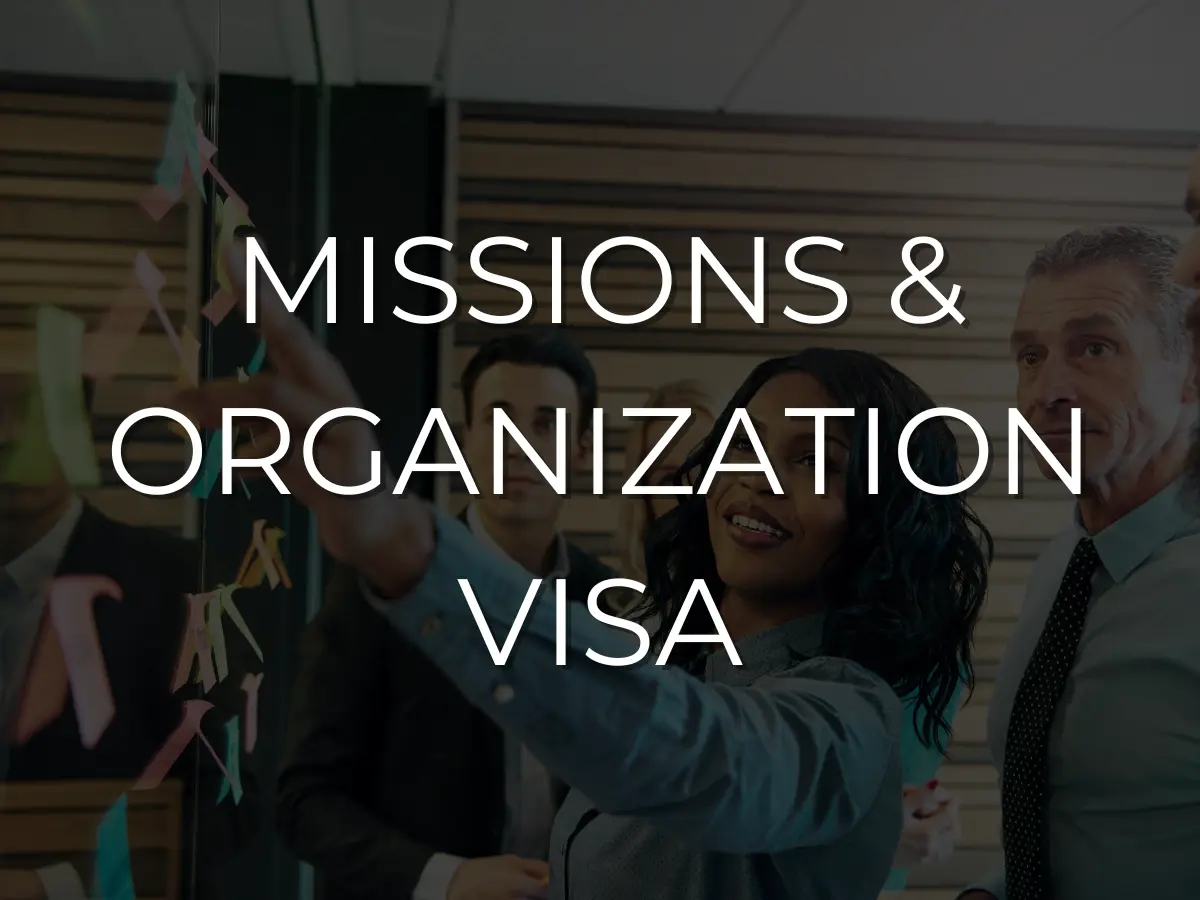
Going on missions and visiting different organizations in 2024 is like going on an exciting adventure. It’s a special chance to see how things work globally and learn new things. In simple words, this information talks about why these visits are important and how they can give us cool experiences and important knowledge.
Why Visit Missions and Organizations?
Exploring missions and organizations holds immense value, providing individuals with unique opportunities and valuable insights. Let’s delve into the compelling reasons behind visiting these entities:
Insight into Global Initiatives
Visiting missions and organizations offers a firsthand look into global initiatives. It’s like getting a backstage pass to see how people around the world are working together to solve big problems. This helps us understand their goals and how they contribute to making the world a better place.
Networking Opportunities
When we visit these places, we get to meet and connect with important people—experts, leaders, and professionals. It’s like making new friends who can teach us a lot and maybe even help us with our own projects. These connections can lead to exciting collaborations and partnerships in the future.
Understanding International Relations
Diplomatic missions and embassies are like the storytellers of international relations. By visiting them, we can learn about how countries talk to each other and work together. It’s a bit like exploring the backstage of a play to see how all the different actors (countries) interact with each other.
Unveiling Humanitarian Efforts
Some organizations, like Non-Governmental Organizations (NGOs), do amazing work to help people. When we visit them, we can see how they’re making a positive impact in communities. It’s like discovering the superheroes of the real world, learning how they tackle problems and make a difference in people’s lives.
Hands-on Learning Experience
Visiting missions and organizations is not just about listening; it’s a hands-on learning experience. It’s like going on a field trip where we can touch, feel, and experience things ourselves. This makes learning more exciting and helps us remember things better.
Building a Global Perspective
By visiting these places, we expand our view of the world. It’s like looking through a telescope and seeing things from a wider perspective. We learn about different cultures, challenges, and solutions, making us more aware and connected to the global community.
Types of Missions and Organizations Visa Service
Embarking on an exploration of various missions and organizations provides a window into the diverse ways individuals and groups contribute to positive global change.
International Aid and Development Organizations
In this realm, the focus lies on extending a helping hand across borders. Entities engage in initiatives such as providing food, clean water, healthcare, and education, making a meaningful impact on lives worldwide.
Diplomatic Missions and Embassies
Playing a crucial role in fostering relationships between countries, these entities act as ambassadors, engaging in diplomatic matters that shape international cooperation.
Non-Governmental Organizations (NGOs)
Champions of social causes, NGOs address issues ranging from humanitarian concerns to environmental stewardship. Dedicated individuals contribute to grassroots initiatives, making a positive impact on local and global scales.
Research and Educational Institutions
Universities and research centers serve as hubs for knowledge, research, and education. These institutions provide a glimpse into academia, where innovative ideas are explored, and future leaders are nurtured.
Governmental Agencies
Tasked with managing crucial aspects of public affairs and policy implementation, governmental agencies shed light on how governments work diligently to address issues related to healthcare, environment, and education.
Cultural and Art Organizations
Museums and galleries contribute to the preservation and promotion of cultural heritage and artistic expressions, allowing individuals to appreciate the richness of diverse art forms and historical narratives.
Human Rights and Advocacy Groups
Dedicating efforts to upholding principles of fairness and justice, these groups inspire a sense of responsibility for social change and activism.
Environmental and Conservation Organizations
Focusing on safeguarding the planet’s ecological balance, these organizations provide valuable insights into initiatives dedicated to wildlife preservation, climate change mitigation, and the promotion of sustainable practices.
Procedure to Find Mission and Organization Visa for Kingdom of Saudi Arabia
Embarking on a mission to obtain a Saudi Arabian Mission and Organization visa involves a systematic procedure:
Prepare Required Documents: Collect essential documents, including a valid passport, invitation approved by the Ministry of Foreign Affairs in Saudi Arabia, and other necessary credentials.
Visit the Saudi Embassy Website: Explore the official website of the Royal Embassy of Saudi Arabia to understand specific requirements and guidelines for Mission and Organization visas.
Initiate Visa Application: Start the visa application process through authorized channels. Follow the instructions provided on the embassy’s website or affiliated visa service providers.
Submit Invitation Letter: Ensure the submission of an invitation letter approved by the Ministry of Foreign Affairs of Saudi Arabia. This letter is a crucial component for the Mission and Organization visa.
Passport Validity Check: Verify that your passport has a validity of at least one year from the date of the visa application. Ensure that there are sufficient blank pages for visa stamping.
Follow Embassy Instructions: Adhere to the instructions provided by the Saudi Embassy or affiliated agencies regarding the submission of documents, fees, and any additional requirements.
Attend Biometric Appointment: As per the latest regulations, attend a biometric appointment if required. The embassy or its authorized visa service provider will guide you on the appointment process.
Track Visa Application: Keep track of your visa application status through the designated portal or contact the embassy for updates. Be aware of the processing times and any additional information required.
Collect Visa: Once the visa is approved, collect your passport with the stamped Mission and Organization visa from the embassy or the designated collection point.
Plan Your Visit: With the visa in hand, plan your visit to the Kingdom of Saudi Arabia for your mission or organization-related activities.
FAQs
What is the process for obtaining a visit visa for Saudi Arabia?
To apply for a visit visa to Saudi Arabia, the applicant must submit a request to the Saudi diplomatic missions or organizations in their country of residence or through an authorized travel agency. The visit visa is typically valid for a period of 6 months.
What are the requirements for obtaining a work visa for Saudi Arabia?
The requirements for obtaining a work visa for Saudi Arabia include a valid passport, an original Saudi visa, a commercial visa, and a letter of invitation from the employer or company in Saudi Arabia. Additionally, the applicant’s residence must be sponsored by the Saudi government or an authorized company.
How long is the validity of a residency visa in Saudi Arabia?
A: The validity of a residency visa in Saudi Arabia is typically linked to the duration of the employee’s contract with the employer. In general, residency visas in Saudi Arabia are issued for a period of 2 years.
What are the restrictions on travel to Saudi Arabia for diplomatic missions and organizations?
Diplomatic missions and organizations in Saudi Arabia are required to obtain visas for their employees to travel to the country. However, employees of diplomatic missions and organizations are not required to apply for residency permits. They are also allowed to stay in the country for as long as they are employed by the mission or organization.
What types of visas are available for business travel to Saudi Arabia?
Business travelers to Saudi Arabia can apply for either a single-entry or multiple-entry visa, depending on the purpose of their visit. The business visa may be issued for a specific number of months, depending on the request and the nature of the applicant’s business in the country.
What are the consequences of violating Saudi Arabia’s Islamic laws and regulations?
Violators of Saudi Arabia’s Islamic laws and regulations, including drug trafficking, are subject to severe penalties, including hefty fines, imprisonment, and even deportation. It is important for visitors to adhere to the country’s values, traditions, and legal regulations to avoid any legal issues during their stay in Saudi Arabia.
What is the role of the Chamber of Commerce in obtaining a visa for business travel to Saudi Arabia?
The Chamber of Commerce, on behalf of the applicant’s employer or business, plays a key role in the visa application process for business travel to Saudi Arabia. The Chamber of Commerce may provide a letter of invitation or other documentation required by the Saudi government to support the visa application.
How many entries are permitted on a business visa for Saudi Arabia?
The number of entries permitted on a business visa for Saudi Arabia is typically based on the purpose of the visit. Applicants can request for a single-entry or multiple-entry visa, depending on their travel needs and the nature of their business in the country.
How do I prove my financial stability when applying for a visa to Saudi Arabia?
When applying for a visa to Saudi Arabia, it is essential to provide proof of financial stability. This may include bank statements, credit card statements, or other documents that demonstrate the applicant’s financial solvency during their stay in the country.
Are there any exceptions to the residency requirements in Saudi Arabia?
There are exceptions to the residency requirements in Saudi Arabia, particularly for employees of diplomatic missions and organizations. Such individuals are not required to apply for residency permits and are permitted to reside in the country for the duration of their employment without the need for a sponsor or residency.
Conclusion
Embarking on missions and organization visits in 2024 is a journey into the heart of global initiatives. It is an opportunity to witness, engage, and contribute to the collective efforts aimed at shaping a better world. Proper planning, a respectful approach, and an open mindset will ensure a fulfilling and enlightening experience during these visits.

